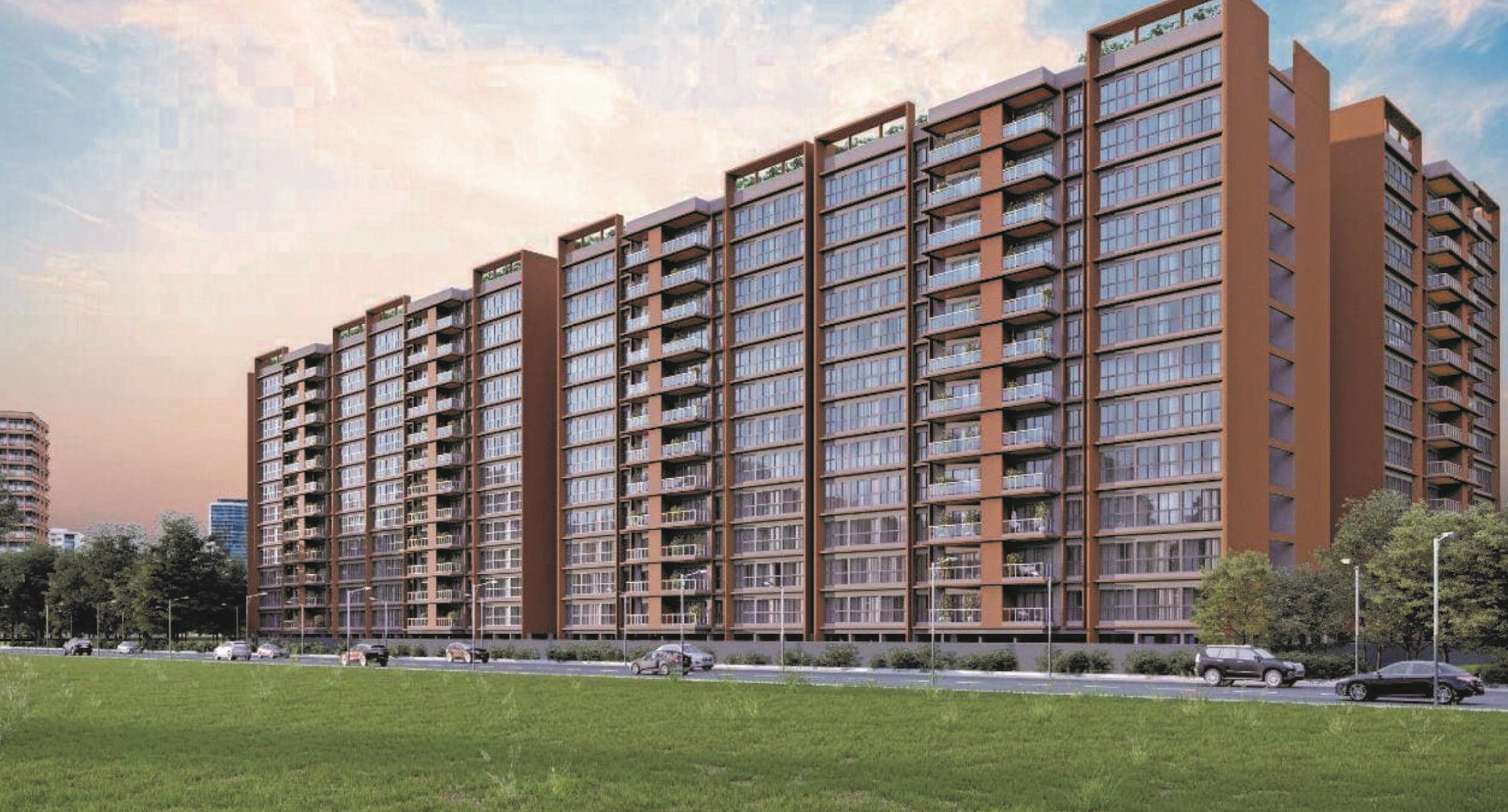
The Ethiopian government has passed a new legislation aimed at tightening controls on housing rent hikes.
Today, the legislation passed through parliament with a majority vote, with just three abstentions. Although the turnout of 244 MPs met the minimum requirement, it fell short of the usual attendance.
This freshly minted law mandates that landlords must seek approval from pertinent authorities before upping rents for tenants. The objective is to rein in rental prices and stave off abrupt escalations, as articulated by Tesfaye Blijige, the government whip.
Tesfaye underscored in parliament, “Unjustifiable spikes in rent have been stoking inflation, necessitating government intervention.”
Comprising six sections and 32 articles, the proclamation delineates regulations governing rent contracts, termination clauses, and grievance redressal mechanisms.
Among the new mandates are:
- lease periods have to be a minimum of two years
- rent can only be increased once a year with approval from the government
- maximum rent amount will be set by the government in each city of the country
- Advance payments limited to two months of rent
- Empty homes will see their property tax increased by 25%
- Homes that remain empty for 6 months or more would have to pay rental income tax as if the home has been rented.
- Newly constructed homes will be exempted from the rent cap for the first 4 years
With the demand for rental housing soaring over the past decade, rent prices have followed suit. Over the last four years, Addis Ababa’s city administration had imposed a moratorium on landlords increasing rents to mitigate the surge.
According to an anonymous real estate developer, this legislation is not going to improve rental affordability. “It is likely to have the opposite effect as land lords will now be more selective on who they rent their property to, and some might simply choose not to rent”. She added “the problem comes from lack of supply, and the solution is to increase supply”.
Rent controls exist in many countries around the world, but they rarely achieve the intended objective. Among the unintended side effects are to discourage investment to the sector, proliferation of empty homes and to encourage dealings outside of the system. In the short term, it will be more pain for renters and long term it will lead to urban decay.
